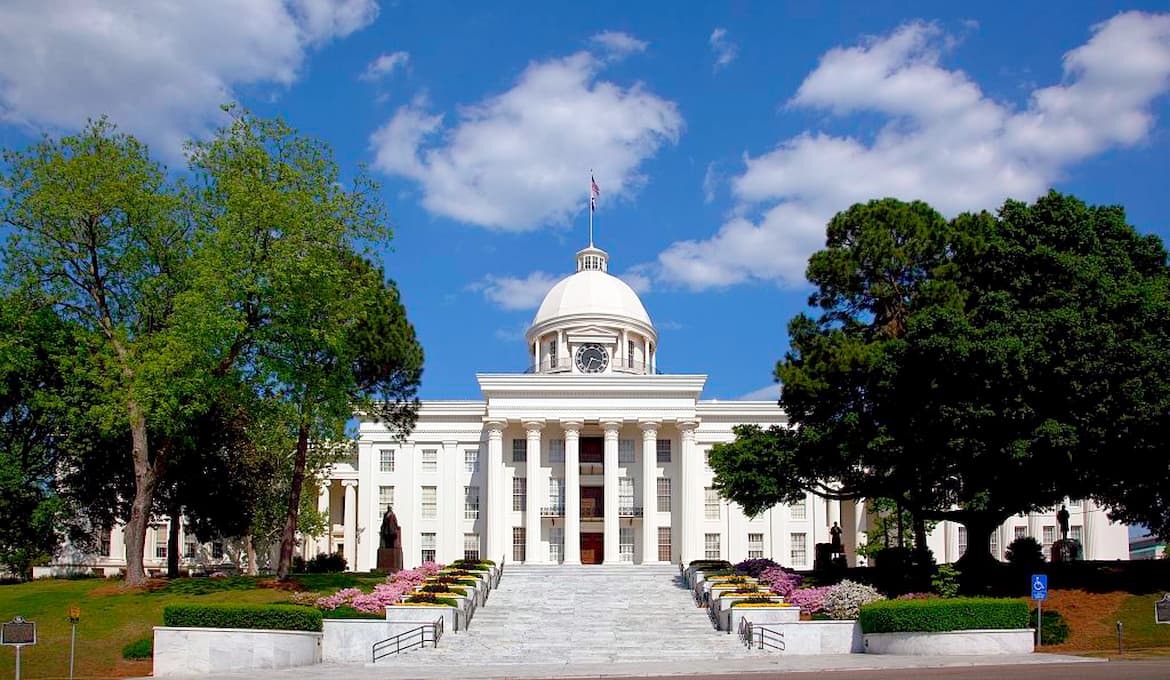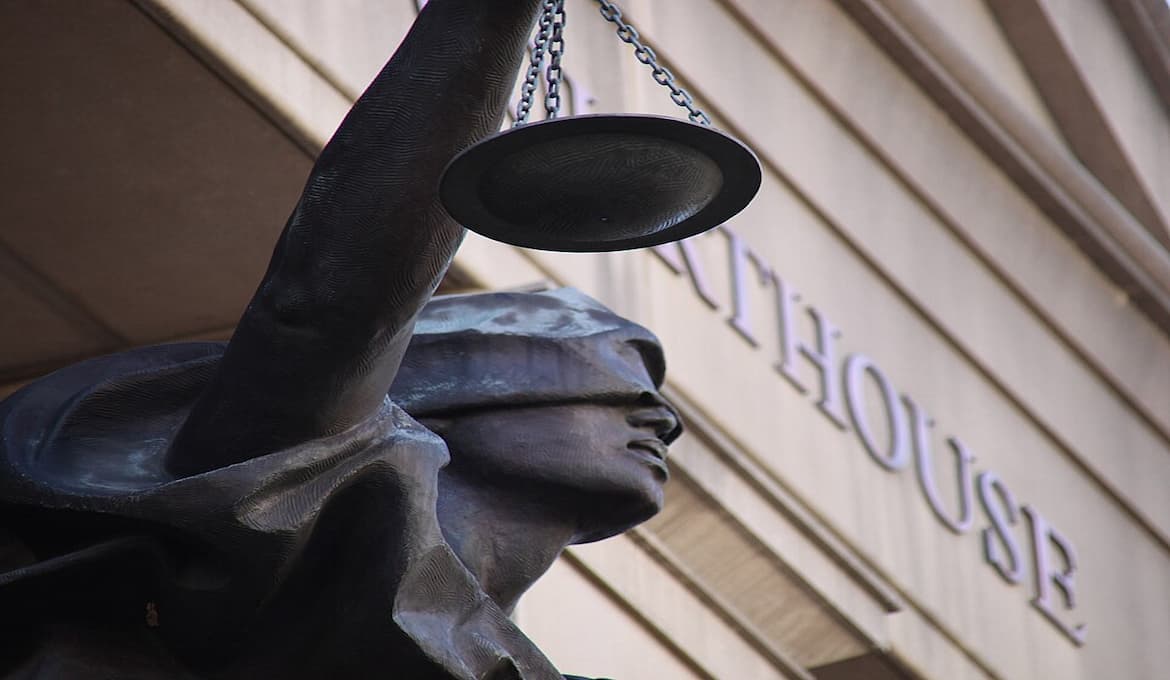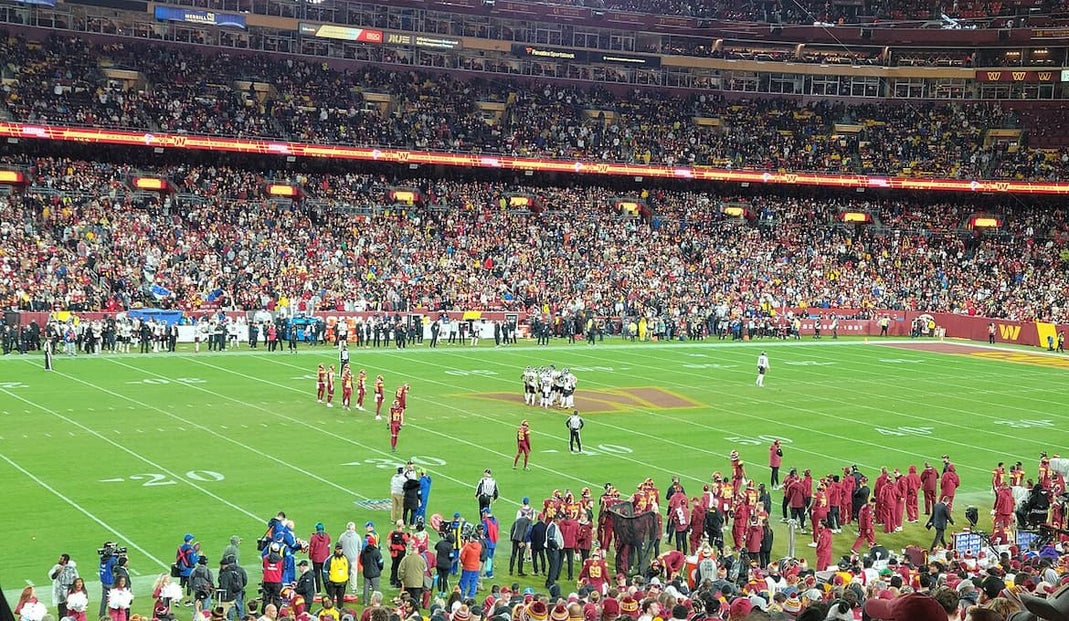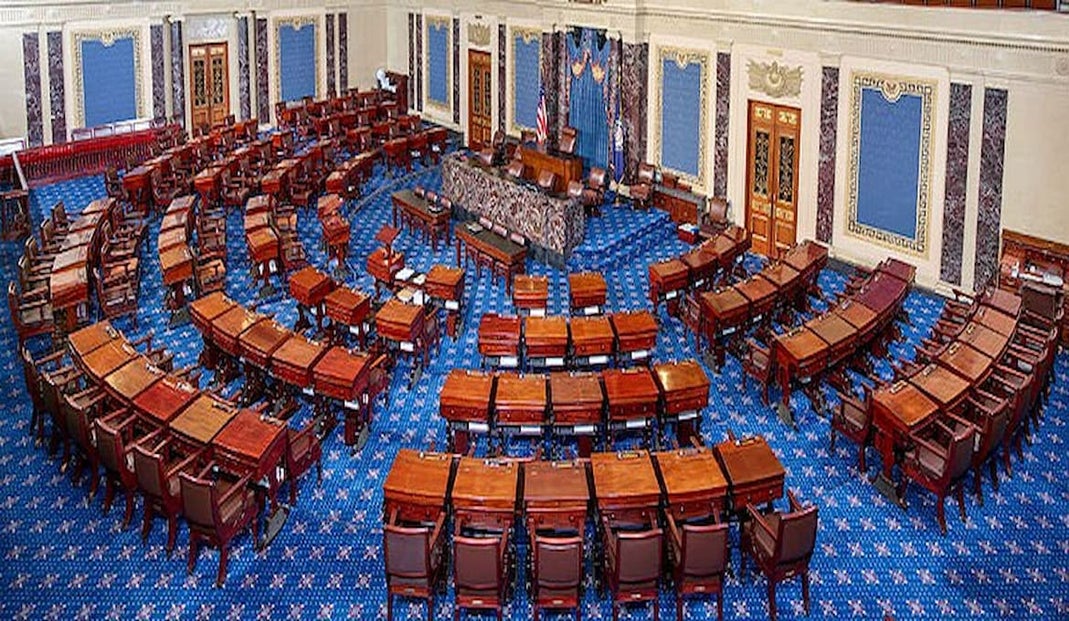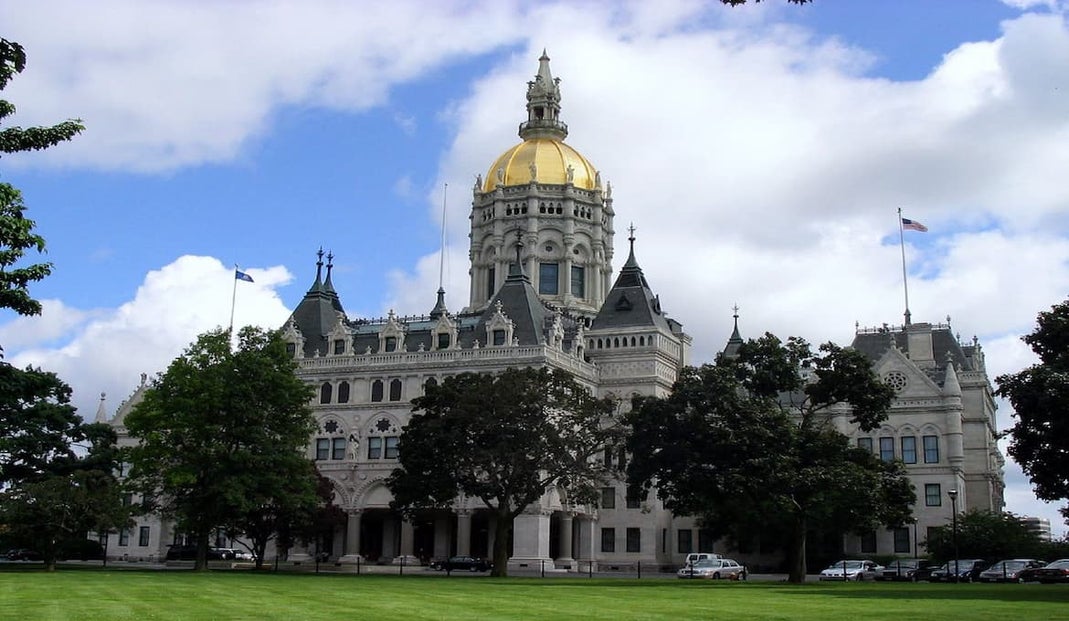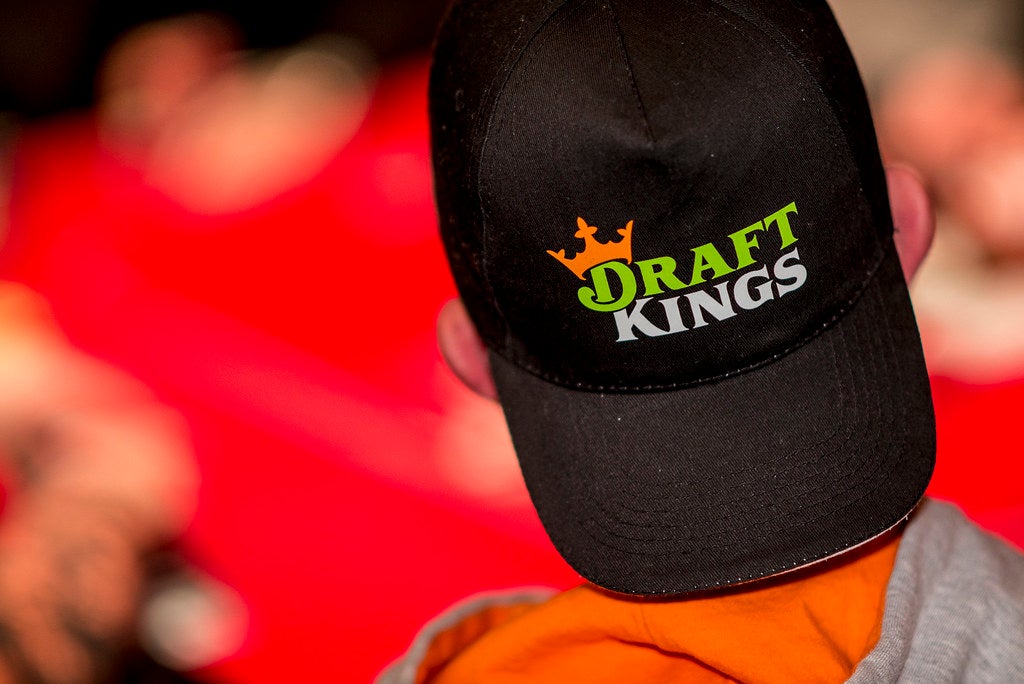House Won’t Take Action
The Alabama House of Representatives has passed several bills to legalize sports betting. Unfortunately, each has died on the Senate floor. The repeated failures have led House lawmakers to throw up their hands and insist that any effort to legalize sports betting must come from the Senate.
The decision by House lawmakers to abandon the effort to legalize the industry is a significant blow to hopes that the state will legalize sports betting soon. The Senate remains a hurdle. Until that changes, expect the state to remain one of the few that does not legalize any form of sports betting.
Tribes Oppose Legalization
Many proponents of sports betting were hoping that the state’s local tribes would help support the effort to legalize sports betting. The tribes didn’t commit to any position, but industry supporters celebrated once the news broke they had agreed to a deal with a prominent lobbying firm.
Unfortunately, the tribes sided with the opposition. The Poarch Band of Creek Indians had recently made a purchase, which many believed was a precursor for expanding into sports betting. Instead, the tribe strongly opposed the most recent proposal.
Problem Gambling Already in Alabama
During his most recent interview, Sen. Albritton did not mince words. He claimed that betting on the Super Bowl was common among lawmakers in the state capitol. The Senator also pointed out that many residents are already betting with offshore books or across state lines. This not only reduces potential tax revenue but also creates a dangerous situation for bettors.
With Alabama residents already betting on sports, the odds are many struggle with problem gambling. This problem can be exacerbated by using offshore sportsbooks, which are often easy to bet on but difficult to get money from. This can cause gambling addiction as bettors may never actually see any money, even if they win.
Albritton insists that since problem gambling is already an issue, the state has a moral obligation to protect its residents. A legal market would provide safe and regulated platforms for residents and fund resources to address the issue.


